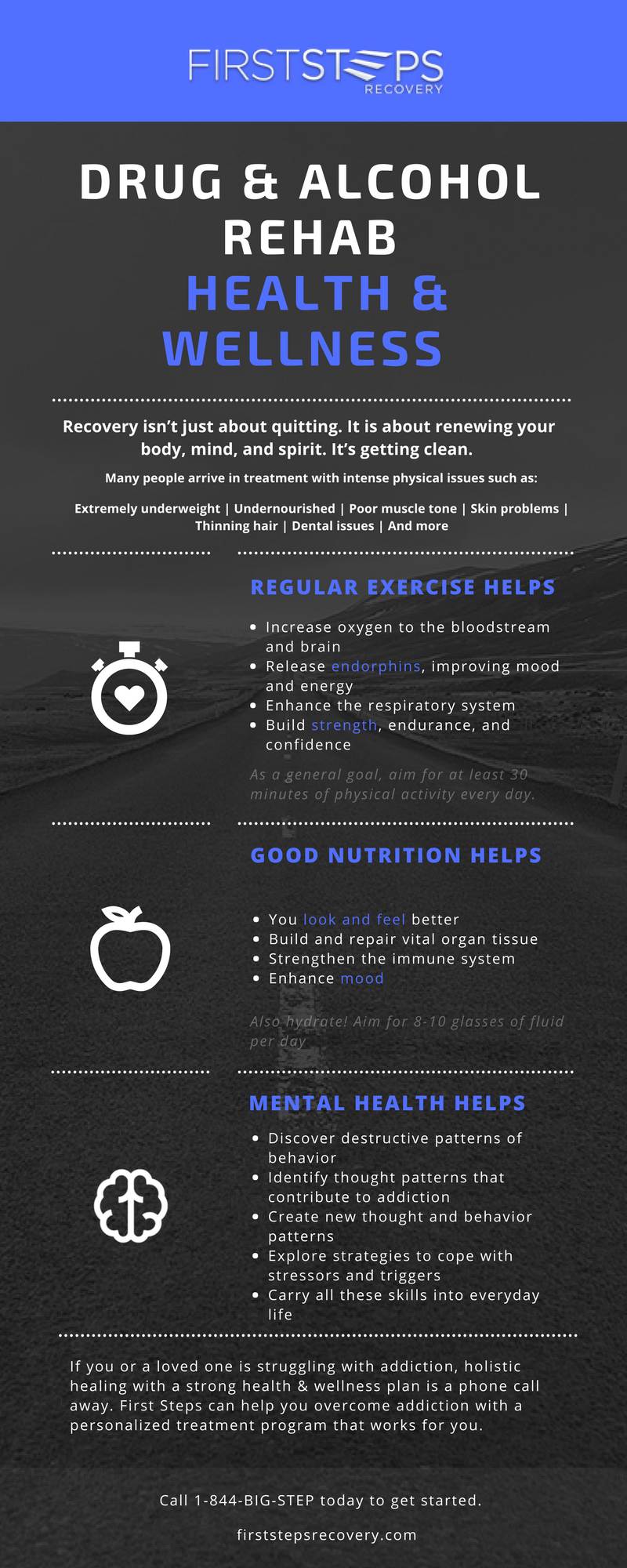Handling Triggers And Desires Message Drug Rehabilitation
Handling Triggers And Desires Message Drug Rehabilitation
Blog Article
Short Article Composed By-Baxter Eaton
You have actually completed Drug rehab and taken a substantial step in the direction of a much healthier lifestyle. And now, facing triggers and yearnings post-rehab can be a difficult trip. Exactly how do you navigate through these minutes without jeopardizing your progress? Understanding simply click the following site to manage triggers and food cravings is crucial in keeping your soberness. Let's explore efficient methods to take care of these challenges and safeguard your newly found dedication to living a drug-free life.
Identifying Triggers and Desires
To successfully handle your triggers and food cravings, start by acknowledging the situations or emotions that cause your need to make use of. Take a moment to review what scenarios or feelings motivate your cravings. Is it tension, monotony, social circumstances, or particular areas? By identifying these triggers, you can better prepare yourself to deal with them.
Triggers can be both inner, such as unfavorable emotions or physical pain, and outside, like being around people that use substances or checking out a certain area.
Take notice of patterns in your cravings-- are they much more regular at specific times of the day or in response to details events?
Structure Healthy Coping Approaches
Identifying your triggers and desires is the primary step in the direction of building healthy and balanced coping strategies to manage them effectively. Once you recognize what circumstances, emotions, or people activate your cravings, you can begin establishing a plan to address them.
One efficient approach is to replace negative habits with favorable ones. For example, if anxiety sets off desires, practicing leisure techniques like deep breathing or meditation can help. Engaging in exercises such as workout or choosing a stroll can additionally be a great means to handle desires.
Another crucial facet of structure healthy and balanced coping methods is to create an encouraging setting. Surround on your own with people who understand your trip and can offer inspiration and liability. It is necessary to develop boundaries with individuals who may not support your healing.
In addition, establishing a regimen that consists of healthy habits like normal workout, appropriate nourishment, and adequate rest can assist you remain on track and lower the probability of experiencing triggers and food cravings.
Seeking Assistance and Liability
Creating a network of supportive individuals that can offer encouragement and hold you accountable is important in taking care of triggers and desires successfully. Choose close friends, member of the family, or a support group who understand your trip and can offer guidance when you encounter challenging situations.
Having Recommended Reading to talk with throughout moments of lure can make a substantial difference in staying on track with your healing. Liability partners can assist you stay concentrated on your goals and remind you of the reasons why you picked to look for assistance in the first place.
They can also aid in developing a structured strategy to handle triggers and desires, such as creating different tasks or dealing mechanisms to replace the urge to utilize medications. Routine check-ins with your support group can offer reassurance and motivation, helping you feel less isolated in your recuperation trip.
Verdict
Remember, identifying and handling triggers and yearnings after Drug rehabilitation is an essential part of maintaining sobriety.
By recognizing your triggers, constructing healthy coping methods, and seeking support from loved ones or support groups, you can browse with difficult moments and stay concentrated on your soberness goals.
Keep in mind, you aren't alone in this trip, and with the right tools and assistance, you can conquer temptations and live a meeting, drug-free life.
Keep strong and keep moving forward.
